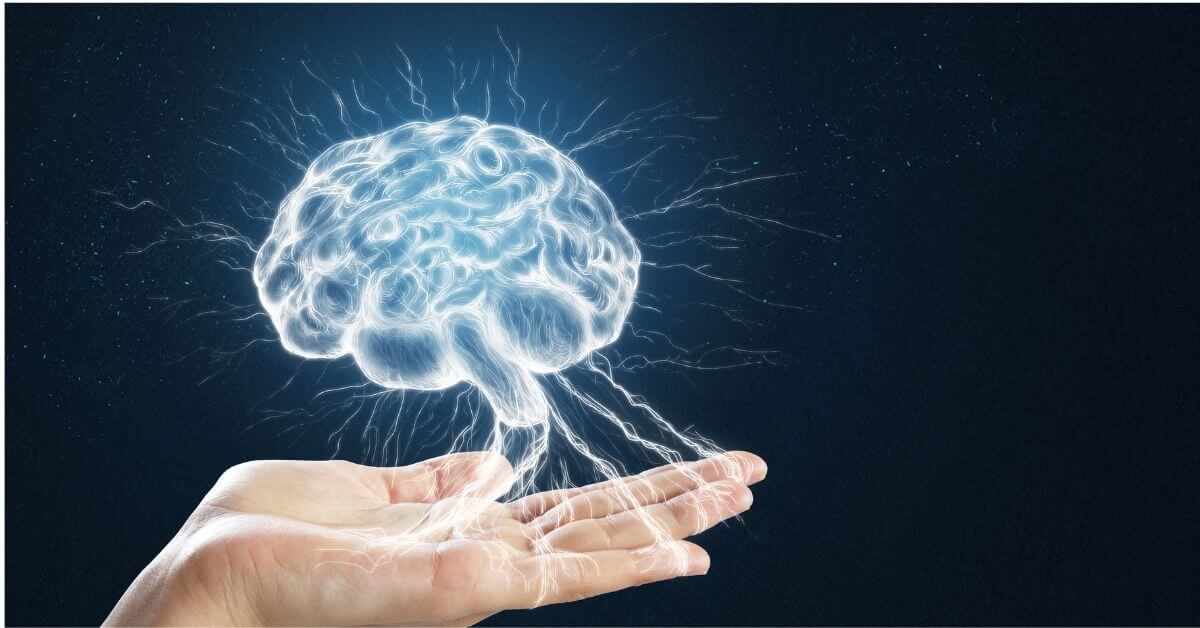We ask AI to help us make better decisions. But what happens when those decisions… don’t feel quite right?
Maybe your medical chatbot refuses to mention local herbal options because they’re “unverified.” Or a prompt about Filipino satire gets flagged as unsafe. Or your AI assistant politely declines to talk about dark humor, even when it’s part of your storytelling voice. It’s not just censorship—it’s a moral mismatch.
As more people rely on AI to curate, inform, and automate their lives, a quiet tension emerges: What if your Copilot doesn’t share your moral compass?
This isn’t just a technical issue. It’s a cultural one.
1. 🤖 Behind Every Output Is a Value System
AI doesn’t “think”—but it does prioritize. Behind every answer, suggestion, or refusal is a complex web of decisions informed by:
- Safety filters
- Sentiment scores
- Cultural training data
- Ethical guardrails built by developers
And because most foundational AI models are trained in Western contexts, we get tools calibrated to avoid offense, defer neutrality, or sanitize nuance.
But Filipino values—diskarte, bayanihan, kapwa, humor in hardship—don’t always fit those defaults.
This echoes the tension explored in Algorithm vs Your Brain: Filipino Choices, which unpacked how cognitive offloading and algorithmic guidance can erode intuitive, context-rich decision-making.
2. ⚖️ Algorithmic Bias Is More Than Representation
We’ve talked about bias before—in Algorithmic Bias and the Filipino Digital Experience, for example, where social platforms mislabel Filipino dialects or underrepresent local issues.
But algorithmic morality goes deeper than visibility. It’s about how AI decides what’s acceptable, what’s harmful, or what’s worth sharing. That includes:
- Refusing to engage in political satire
- Sanitizing narratives that involve poverty, drugs, or trauma
- Defaulting to “Western politeness” over Pinoy candor or humor
It’s not just bias. It’s ethical framing.
3. 🌏 Whose Values Get Embedded?
If we don’t challenge these embedded values, we risk training AI to:
- Prioritize avoidance over empathy
- Treat complexity as “risk”
- Ignore cultural context in favor of safety-by-abstraction
In a society where pakikisama (social harmony) coexists with pasaring (pointed remarks), moral nuance matters. Humor can heal. Satire can teach. And filtering out discomfort may filter out truth.
So who decides?
Tech companies? Policymakers? Or the communities who live with the consequences?
4. 🛠️ Toward Moral Feedback Loops
If AI doesn’t share our values, we must teach it. That means:
- Flagging when refusals feel culturally tone-deaf
- Creating community-sourced prompt libraries for ethical edge cases
- Training AI on localized narratives, not just sanitized ones
- Embedding moral pluralism instead of universal neutrality
Imagine Copilot trained not just on global data—but on Filipino zines, barangay stories, community journals, and local humor. That’s not just adaptation. It’s alignment.
🐾 Final Thought
AI is a mirror—but mirrors can be warped. Algorithmic morality reminds us that every “refusal” isn’t just technical—it’s philosophical. And every “yes” carries weight.
If your Copilot won’t talk about what matters to you, maybe it’s time to teach it what matters—with voice, values, and vigilance.
AI shouldn’t just be smart. It should be ours.







